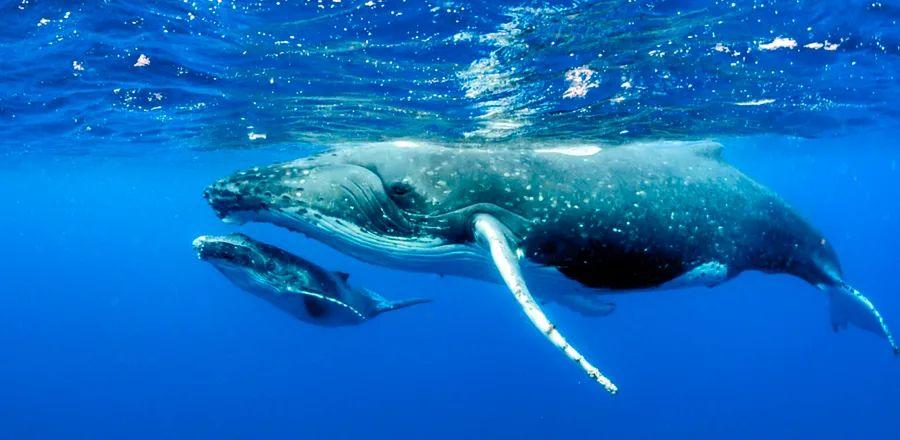Intrepid Travel Is Redefining Responsible Animal Experiences

The Comoros Islands, located off Africa's eastern coast, are famously home to the UNESCO biosphere reserve of Mwali, known for its incredible biodiversity. Here, visitors can explore vibrant coastal and marine ecosystems, featuring wildlife such as lemurs, Livingston flying foxes, sea turtles, and humpback whales.
This August 2023, Intrepid Travel will take guests to these islands for the first time. The nine-day Comoros Wildlife Expedition is part of 16 new wildlife-centric itineraries being introduced this year, which also includes a nine-day journey to Rwanda and Uganda for a gorilla naming ceremony and an 11-day expedition to Borneo to observe orangutans and sun bears.
According to Matt Berna, the president of Intrepid’s Americas division, these trips are thrilling for two main reasons: they lead travelers to lesser-known destinations and embody Intrepid’s commitment to providing ethical wildlife experiences.
Developing more sustainable tours
Recently, Intrepid conducted a thorough review of over 140 wildlife experiences in its collection and eliminated those that failed to comply with the Animal Welfare Policy (AWP), which was developed in partnership with World Animal Protection, an organization dedicated to combating animal cruelty since 2020.
One experience removed was the visit to the Tasmanian Devil Unzoo in Tasmania, which featured feeding shows that did not align with AWP guidelines aimed at ensuring species can thrive in their natural habitats with minimal human interference. Also eliminated were visits to the Pereyas Private Reserve in Madagascar, as Berna explained that Intrepid withdrew support after their investigation revealed poor treatment of animals there, which were kept solely for entertainment rather than rehabilitation. Neither reserve has commented on the decision.
This isn’t the first instance of Intrepid reviewing and eliminating animal experiences that didn’t align with its brand values.
Berna noted that in the early 2000s, the front covers of Intrepid’s brochures frequently featured images of people riding elephants in Thailand.
“We started receiving feedback that this was detrimental to the animals,” Berna shared. In collaboration with World Animal Protection, Intrepid engaged a panel of experts to evaluate various sites in Thailand that offered elephant rides and performances. It quickly became clear that many sanctuaries were not what they professed to be, and visiting them did not benefit the elephants.
“Our management team convened and determined that, despite it being our most popular tour, we would discontinue it because it’s the right decision,” Berna stated. In 2014, the company became the first tour operator to prohibit elephant riding on its trips. Today, elephant-related experiences focus more on observation, such as viewing the animals in the wild or from a distance at certified rehabilitation centers.
Raising awareness
Currently, Berna mentioned that Intrepid utilizes the AWP (which the brand has made open-source for other travel companies to adopt) to inform future itineraries, referencing it during discussions about where horseback riding is appropriate or how to identify credible operators. It also serves as a tool for educating their partners.
“Often, both suppliers and customers are unaware that supporting such activities perpetuates harmful practices,” Berna explained. “It’s crucial to have these meaningful conversations and educate people that travel can positively impact the world.”

1

2

3

4

5
Evaluation :
5/5